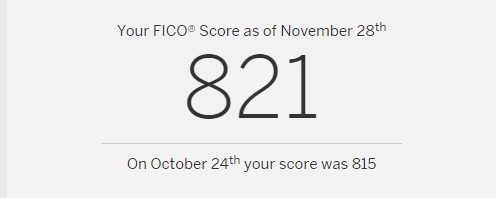Make more—Save more—Save more—Make more, sometimes—most of the time, your financial life can feel like being a hamster on an ever turning wheel. You go round and round just trying to keep up. My very first financial lessons came from my Mom, Margie. She was a single Mom of 4 and could stretch a dollar farther than the eye can see. We always had a roof over our heads, clothes on our backs and food in our stomachs. In my career in the Financial Industry I have found that a lack of a financial education foundation, either in the home—like mine or in school has left many people confused about where to even start. Here are my 1, 2, 3’s of money basics that have served me well.
1. Know where your hard earned money goes! Most of the experts say and with good reason: the first rule of financial management is to have a budget. I believe that is the second rule. We cannot set up a successful budget until we know where we want to allocate our money. As Woman Market Ready is geared towards every “woman” as an individual it only makes sense that every woman’s financial budget should be as well. Trend with me on this. A normal budget spreadsheet appears something like this: you have your fixed expenses, your hierarchies which include: rent/mortgage payments and all applicable insurances & expenses; car payments and all applicable insurances & expenses and so on. Then you have your variable expenses again with its own hierarchies which may include: groceries; cell phone; cable; entertainment; etc. But in order to get to the budget process above you need to first know where your hard earned money goes. NOT only that I repeat, BUT where do you WANT your hard earned money to go. I have found the best way to track where your hard earned money goes is a financial spreadsheet. There are a lot of different spreadsheet applications you can choose from. I personally use Microsoft Excel because it is the application I was trained on. The following example is based on that application but I am sure whichever spreadsheet application you prefer, will have similar functionalities. Heck, the good ole pen and paper method would work just fine as well.

2. Know the impact of credit scores on your financial life and how to use them to your advantage. A credit score is just a numerical snapshot of your overall credit history. It helps lenders pull everything together into a quantifiable method to determine credit worthiness in an efficient manner to either extend credit to you or not extend it to you and determine the rates you will pay for their lending you money. Credit Scores are a fluid, living organism, if you will. They will go up; they will go down. Always remember you are more than just a “number” but that “number” will be with you for the duration of your financial life, treat it with respect and all that goes into it and it will repay you in kind with lower interest rates! The following article “It’s All About the Fico you know” breaks down what goes into a credit score.

3. Start thinking about long-term investments, now. I don’t believe many of us like to think about the mortality that will eventually befall us all. Thinking about retirement and planning for it, often takes on that same mentality—we always have tomorrow. However, pretty soon your 20’s turn into your 30’s, 30’s into 40’s and so on. I have spent many years observing two sides of the retirement coin—overly planning like you are going to retire tomorrow, forfeiting the life you could be living now, and failing to plan until late in the life game and finding when you retire you haven’t saved enough. I tend to fall somewhere in the middle of the two extremes. Though I can honestly say now that I am in my late 40’s, I wish I had taken on the approach of the earlier extreme. If you fall to the latter of the extremes, find a good financial planner who has your best interests at heart and get started. In the meantime, and for your consideration, the following are a few common or maybe not so common retirement planning tips that I personally use.
- Diversify your financial portfolio. In other words, don’t keep all your eggs in one basket, for example don’t let your 401(k) be your only source of retirement income.
- Take full advantage of your 401(k)/403(b) company match.
- Have a well-funded Emergency Fund.
Thank you Mom for the lessons! ♥
Get your copy of Woman Market Ready in 4, 3, 2, 1—ACTION.
Featured Image Photo by NeONBRAND on Unsplash
Kimberly
Latest posts by Kimberly (see all)
- No Spend January - January 1, 2025
- Hot Artichoke Dip with Crostini - January 1, 2025
- Reduce Holiday Debt While Simultaneously Saving Money (Even A Little Bit Counts) - January 1, 2025


